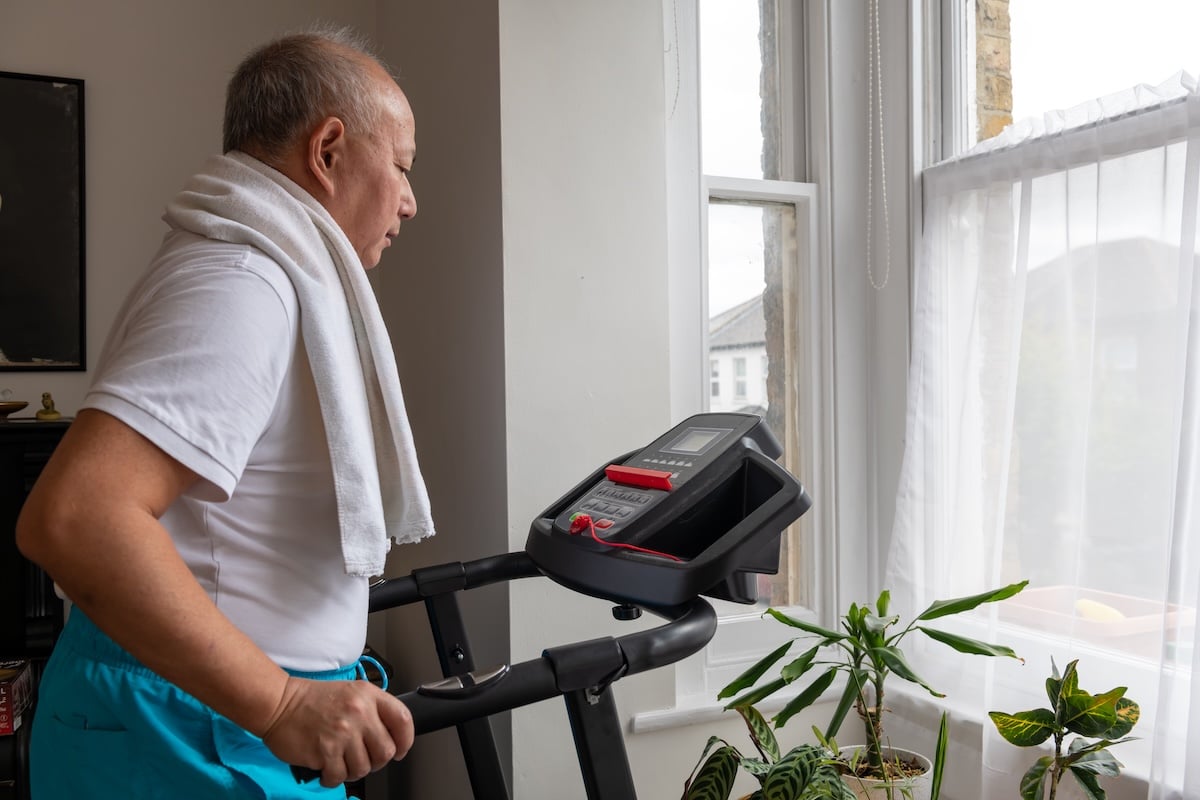People are talking about Being Mortal by Atul Gawande, a book that the New York Times has called a “personal meditation on how we can better live with age-related frailty, serious illness and approaching death.” Part of this book focuses on the hard conversations that need to occur to make crucial decisions about end-of-life choices and to focus on what matters most during the remainder of a person’s life.
How do you bring up this tough conversation with your doctor?
PBC published an excellent article on the topic, Facing Mortality: How to Talk to Your Doctor. The entire article is definitely worth reading, but here are highlights.
Before you meet with your doctor:
- Starting the conversation can be the hardest part. Experts suggest that you discuss issues first with family members. Let them know what matters most to you and what kind of care and treatment you want. Find out their hopes for you and decide which person would be the best healthcare proxy for you when you can no longer advocate for your own medical needs and wishes.
- You don’t need to wait for a significant medical issue to occur to have these conversations. In fact, it’s better to discuss your wishes when you can be calm and thoughtful.
- Don’t feel as though you need to fit everything into one conversation. Expect the conversion to be ongoing and evolving.
Know that simply starting this process puts you ahead of the curve. According to the Conversation Project National Survey (2013), although 90 percent of people agree that talking to loved ones on this subject is important, only 27 percent have actually done so. Although 60 percent of people say that not burdening loved ones with tough decisions is “extremely important,” 56 percent of them haven’t communicated their end-of-life wishes.
What’s Next?
Big picture first:
- The PBS article then refers to having a family meeting with your doctor, asking him or her what to expect from your illness, both now and in six months, a year and so forth. How much independence can you maintain? Some people like to hear detailed answers, while others want the general idea; what’s important is gathering enough information to make educated decisions.
- Share with your doctor what matters most to you. Often, the answer is to spend more time with families, while other responses focus on independence. Some want to spend as much time at home as possible during treatment, while others prefer hospital treatments. Giving your doctor this information will help him or her create the best treatment plan for you.
- Remember that the goal is to fit treatments into your life, rather than making the treatment the main focus of your life.
The conversation continues:
The realities of a serious illness can cause you to change your perspective, and that’s fine—and it’s perfectly normal to present a revised point of view to your doctor as circumstances evolve.
- Share your worries and fears with your doctor. Many times, solutions are available.
- Discuss “limits and tradeoffs.” Are you willing, as just one example, to take part in experimental trials that could extend life—but have risks?
Hospice care:
“People have this amazing and very beautiful capacity to find purpose, meaning and pleasure in life and don’t want to let it go … but then in some cases they get more tired, the treatments get more onerous and they just become emotionally ready for the end.” (PBS, Facing Mortality)
Hospice care can take place at home, or at hospitals and nursing homes. It’s a system of care that allows someone 24/7 access to a nurse and support for the family, as symptoms are expertly managed. When appropriate, talk to your doctor about what makes sense for you and your family.
Other Resources
The Conversation Starter provides free materials to guide you through this process. You can record your answers to crucial questions and email them to appropriate people. This project began when a group of media, clergy and medical professionals began talking about deaths of their loved ones. They decided to try to make it easier to initiate discussions about dying so that an individual’s wishes are clearly known, to be used as a guide when the time nears.
You can also watch an hour-long PBS Frontline program on Being Mortal and the issues it raises.














